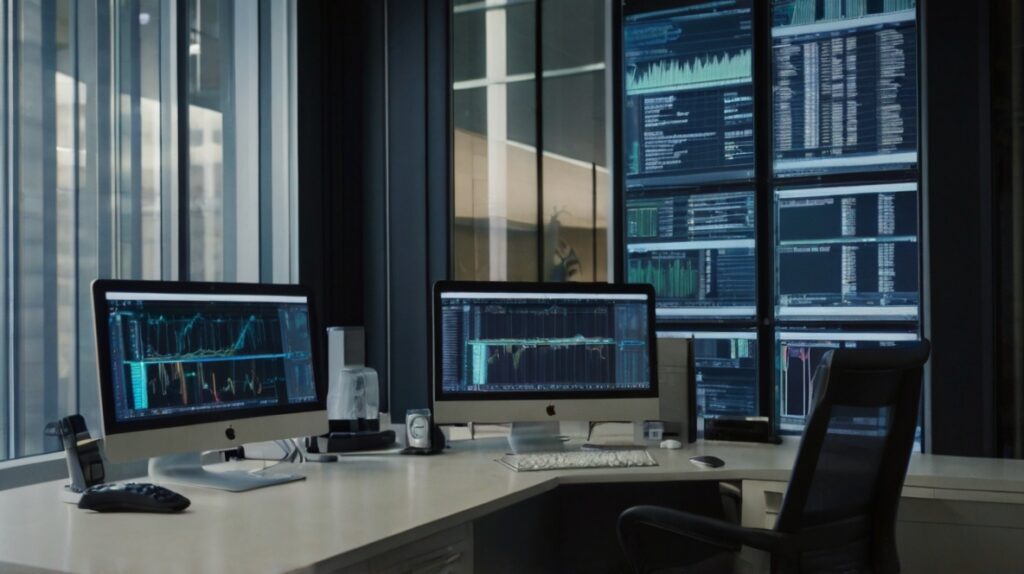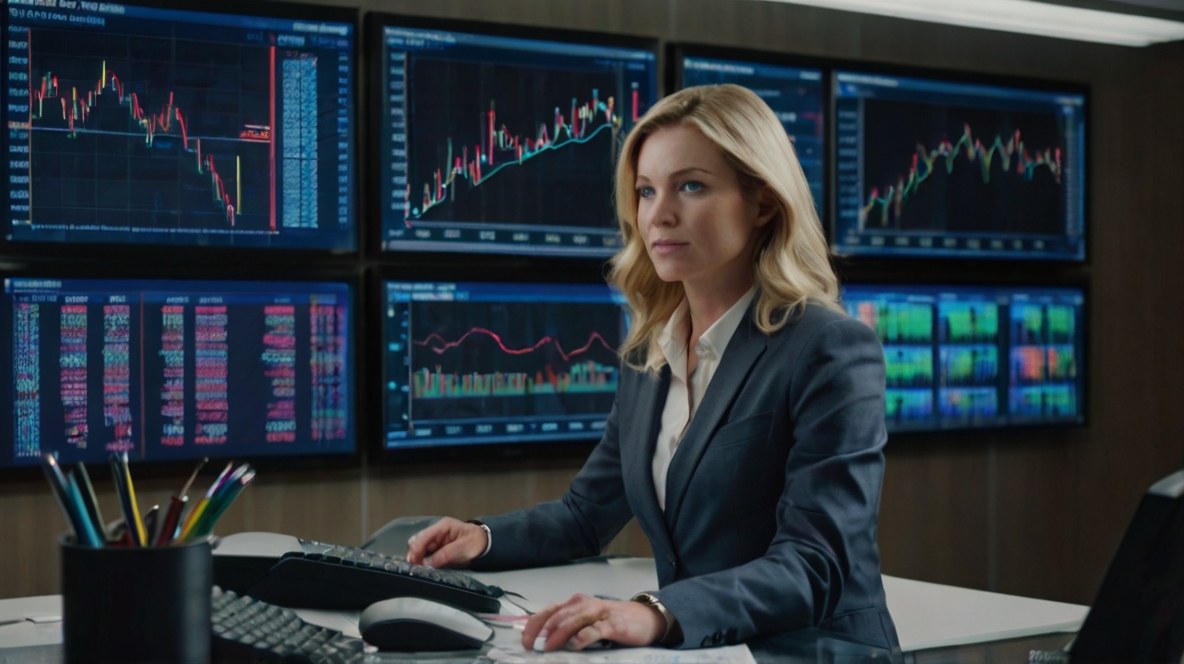Mortgage Advice for Your Next Big Decision
So, you’re thinking about getting a mortgage? It’s a pretty big deal, isn’t it? Whether you’re eyeing off that dream home with the wrap-around veranda or just wanting a solid investment, there’s a lot to consider. Mortgages can feel like a maze, with more twists and turns than a kangaroo in a hurry. But don’t worry, we’ll navigate this together.
What’s the Deal with Mortgages?
At its core, a mortgage is just a loan you take out to buy a property. Sounds simple, right? But here’s the kicker—it’s not just any old loan. This one comes with your house on the line. If you miss payments, the lender can knock on your door and say, “Mate, it’s time to move out.” No one wants that, so let’s break it down into bite-sized bits.

Fixed vs Variable: The Showdown
One of the first decisions you’ll make is whether to go with a fixed or variable interest rate. Fixed rates give you the comfort of knowing exactly what you’ll be paying each month—no surprises, no “Whoops, didn’t see that rate hike coming!” Variable rates, on the other hand, can change with the market. They’re like that friend who’s always up for an adventure—sometimes it’s great, sometimes you end up in the middle of nowhere.
Quick Comparison: Fixed vs Variable Rates
| Feature | Fixed Rate | Variable Rate |
|---|---|---|
| Interest Rate Stability | Fixed for a set period | Can fluctuate over time |
| Flexibility | Limited | Often more flexible with repayments |
| Risk | Lower | Higher, depends on market conditions |
The Deposit Dilemma
You might have heard the saying, “The bigger the deposit, the better the deal.” While it’s not wrong, it’s not the whole story either. Sure, a larger deposit can mean lower monthly payments and less interest in the long run, but it’s not the only path to homeownership. If scraping together a 20% deposit feels like climbing Uluru, there are options out there. Some lenders offer loans with smaller deposits, though you might need to pay Lenders Mortgage Insurance (LMI).
The Hidden Costs
It’s not just about the deposit and the loan amount. Buying a home comes with its fair share of hidden costs. Think stamp duty, legal fees, and if the house isn’t in tip-top shape, there’s the potential for some serious renovation work. The key here is to budget for these costs upfront so they don’t sneak up on you like a surprise bill after a night out.
Seeking Advice: Trust Your Gut (and Maybe Your Mate’s)
When it comes to making decisions about mortgages, there’s no one-size-fits-all answer. Everyone’s situation is different, so what worked for your neighbour’s cousin might not work for you. It’s worth chatting with someone who knows the ropes—maybe a mortgage broker or a friend who’s been through the process. But remember, at the end of the day, it’s your call. Listen to the advice, weigh your options, and trust your gut.
The Bottom Line
Getting a mortgage is a big step, but it doesn’t have to be overwhelming. Keep your wits about you, do your homework, and don’t be afraid to ask questions. Whether you go fixed or variable, big deposit or small, the key is to make a choice that suits your lifestyle and future plans.
If you’re still feeling a bit unsure, that’s okay—most people do. The important thing is to take it one step at a time. After all, Rome wasn’t built in a day, and neither is your mortgage plan.
